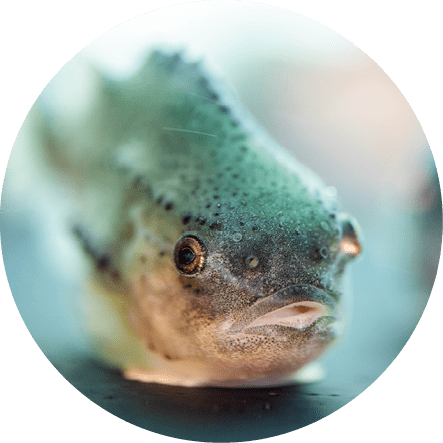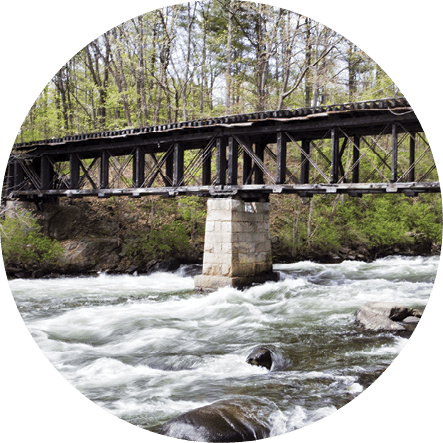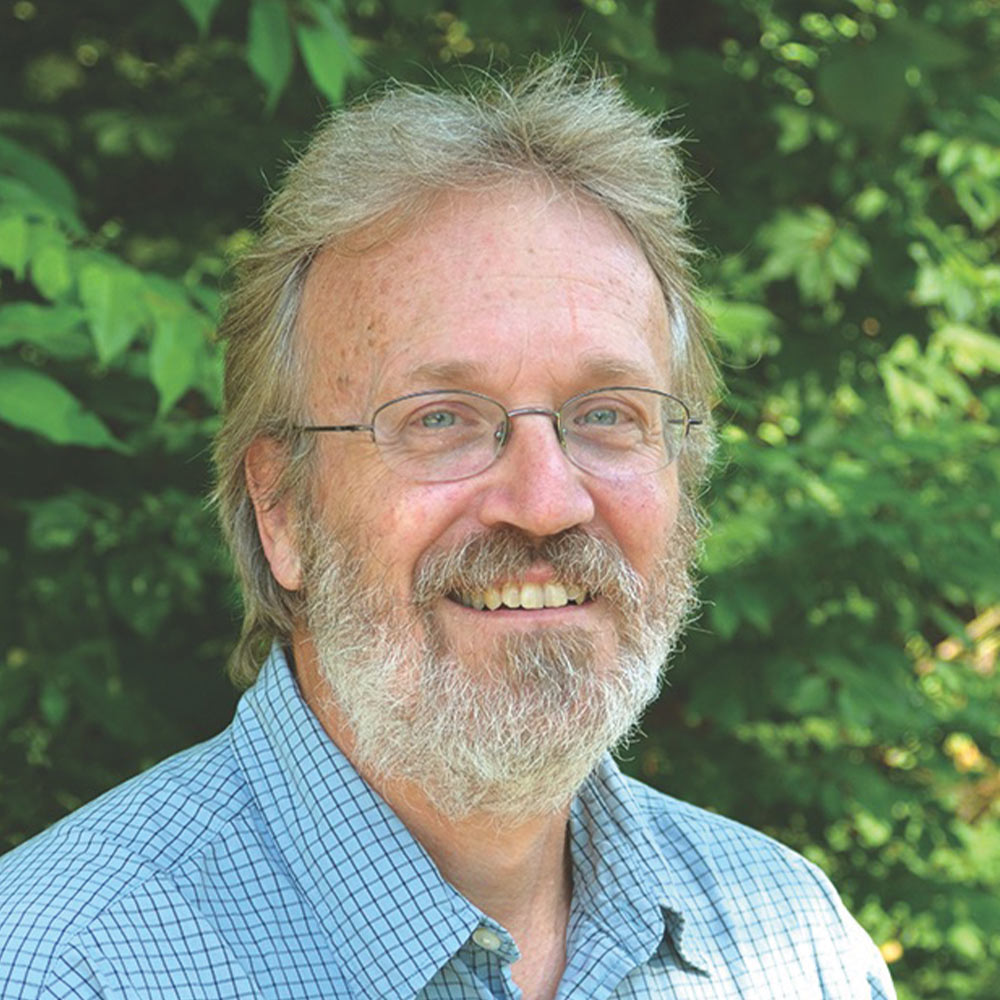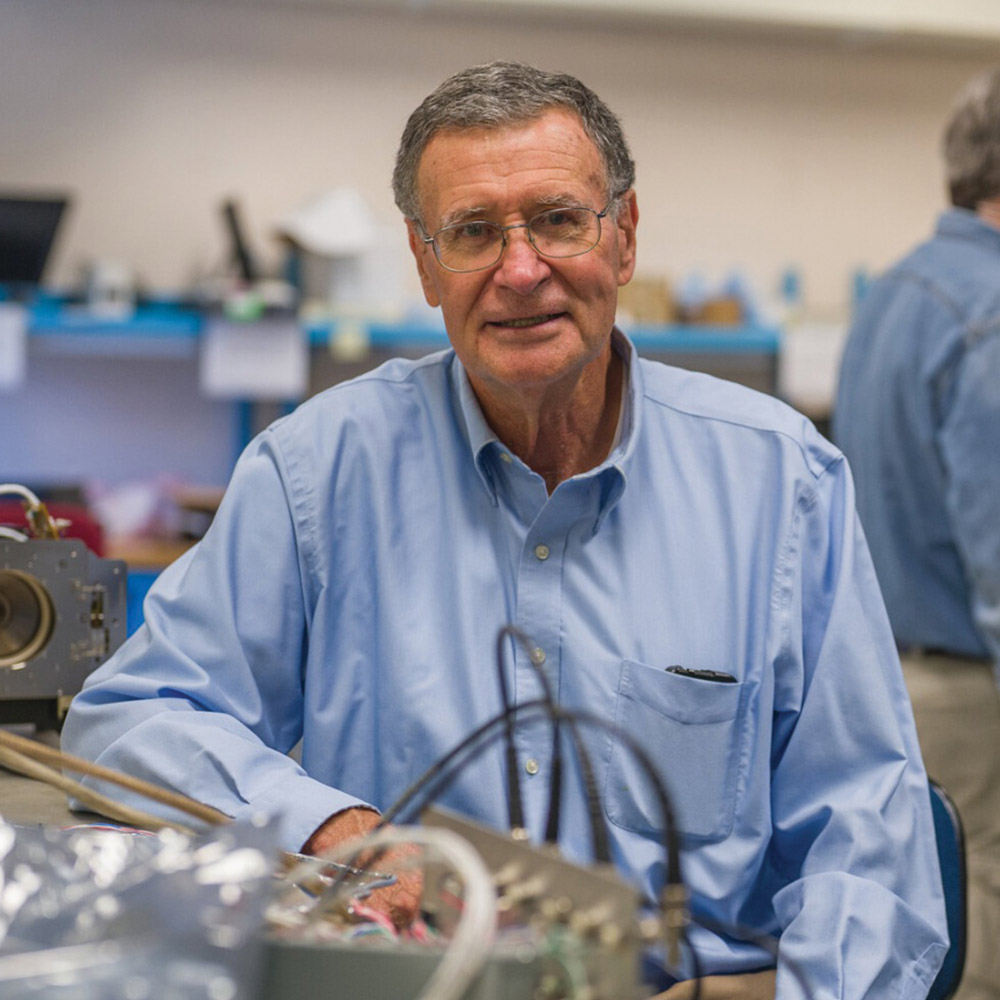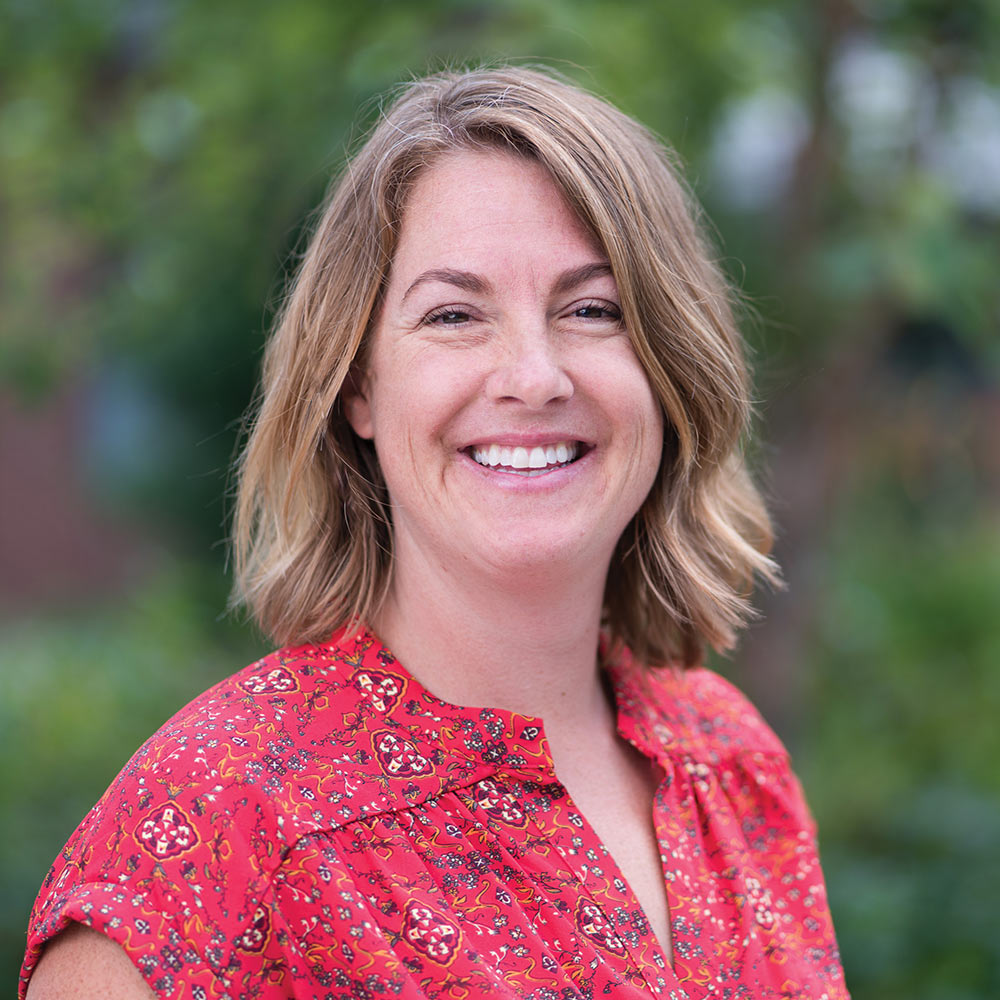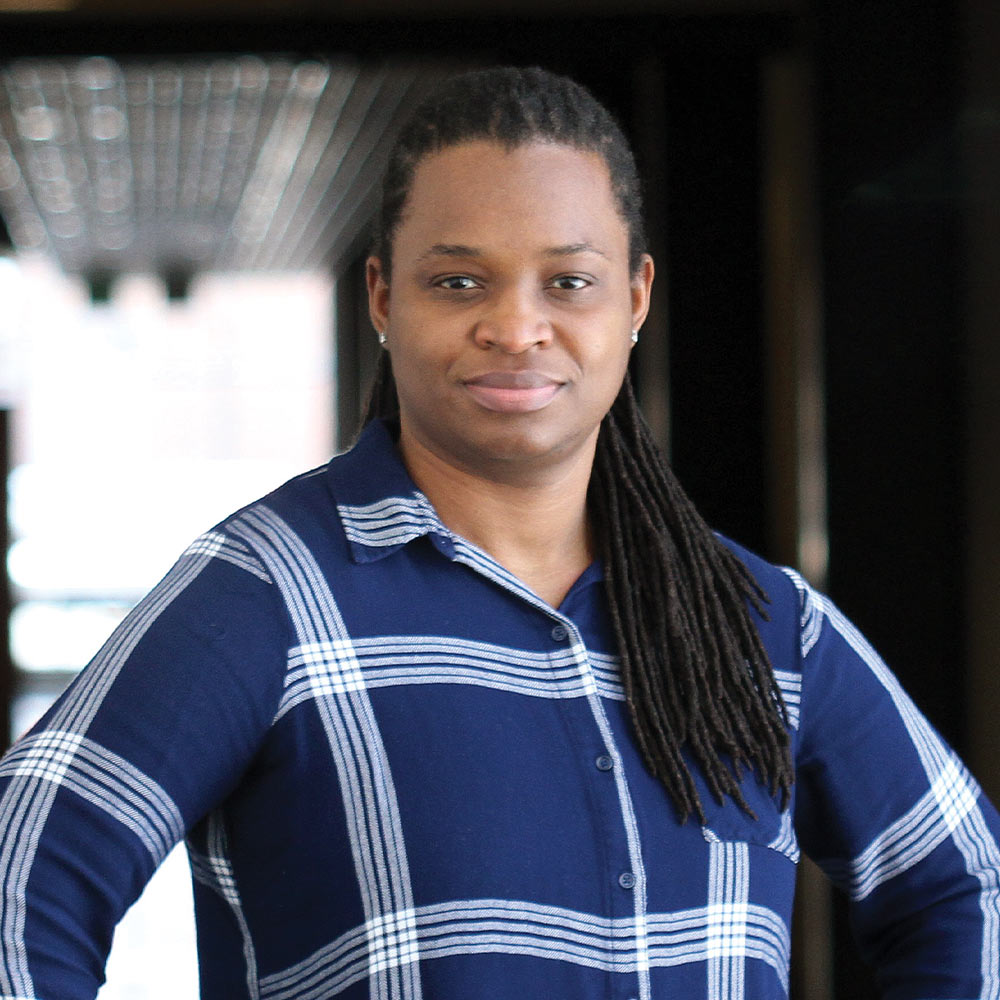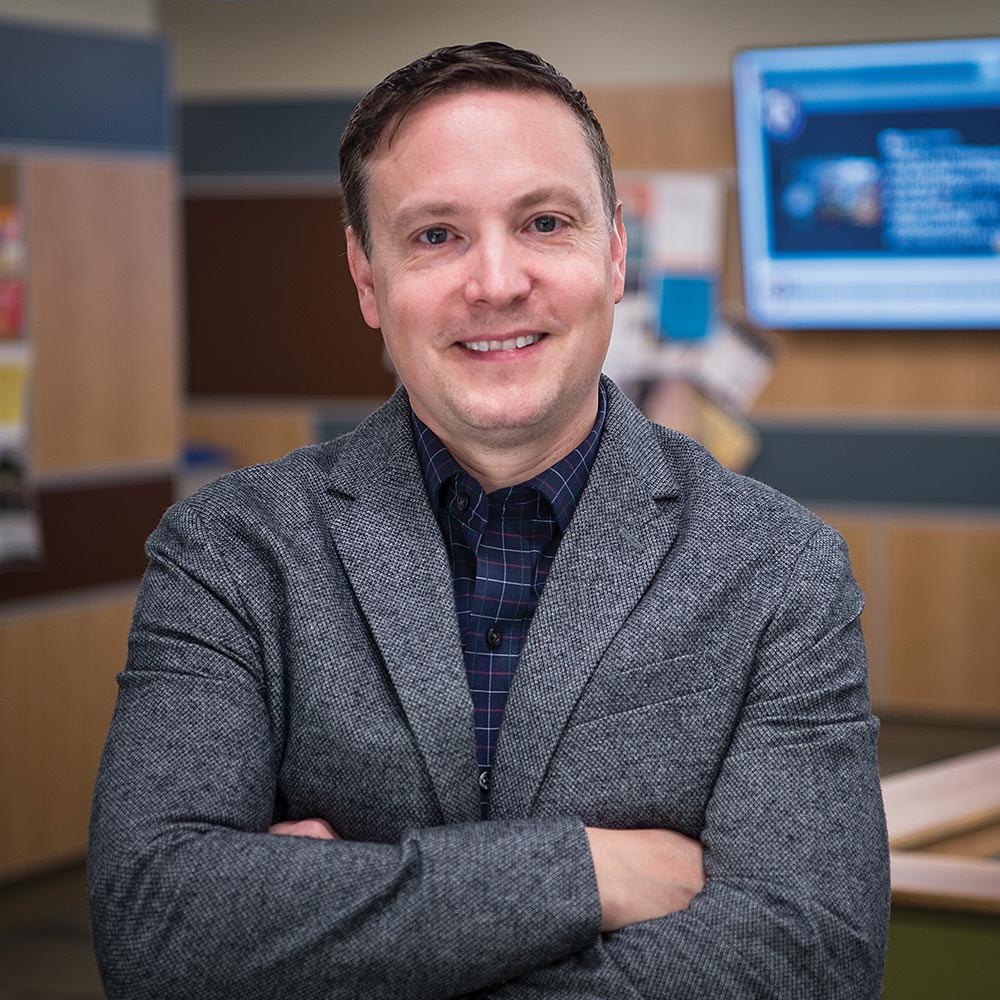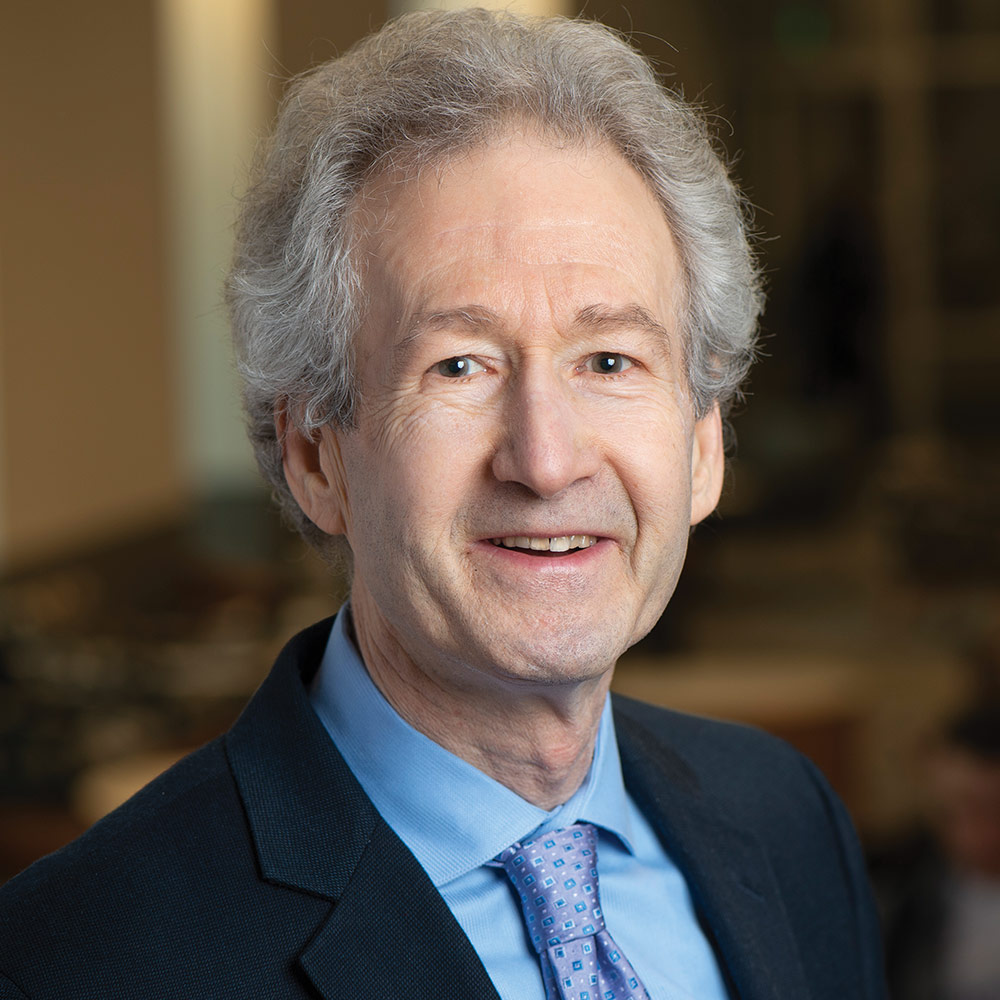2021 Research Review


s the state’s flagship public research university, the University of New Hampshire is committed to inspiring discovery and innovation that improves the lives of people in the Granite State and beyond. In this issue of Spark, we’re excited to share stories of research that enhances our communities, strengthens our economy and works toward a better future for our people and our Earth.
Read on to discover how UNH is bolstering our communities’ resilience as we find a way to adapt to challenges brought on by the COVID-19 pandemic. Our researchers are applying their expertise in marine science and ocean engineering to what’s known as the blue economy and harnessing resources of the sea to provide sustainable energy and food while protecting our vulnerable coast from a changing climate. By extending our knowledge to New Hampshire’s towns and cities and engaging with innovators and entrepreneurs on campus, UNH supports economic development throughout the region.
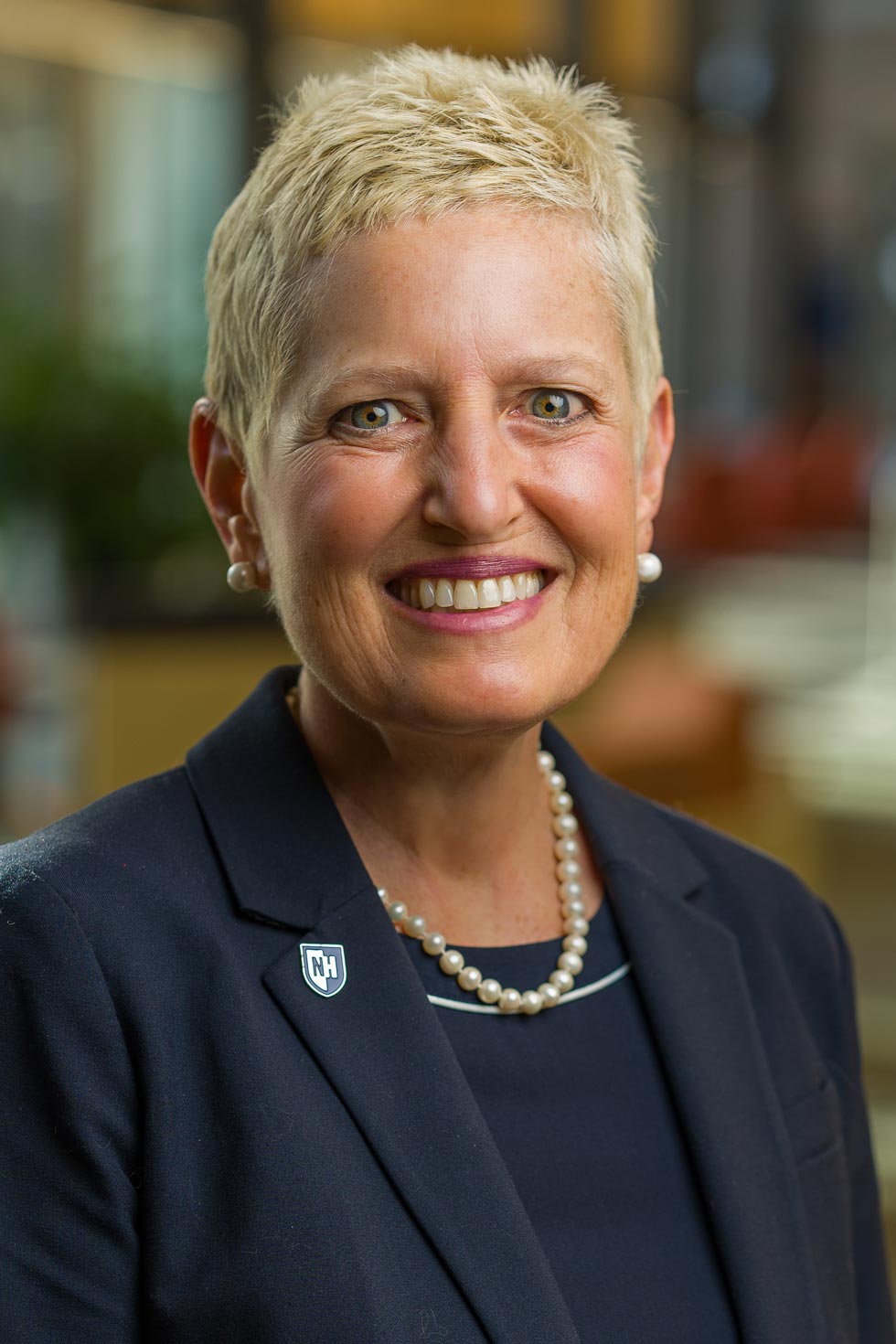
As you browse this 2022 issue of Spark, I’m confident you’ll be as inspired as I am by the high-impact research, engagement, scholarship and creative achievements of UNH faculty, staff and students.
Senior Vice Provost for Research, Economic Engagement and Outreach
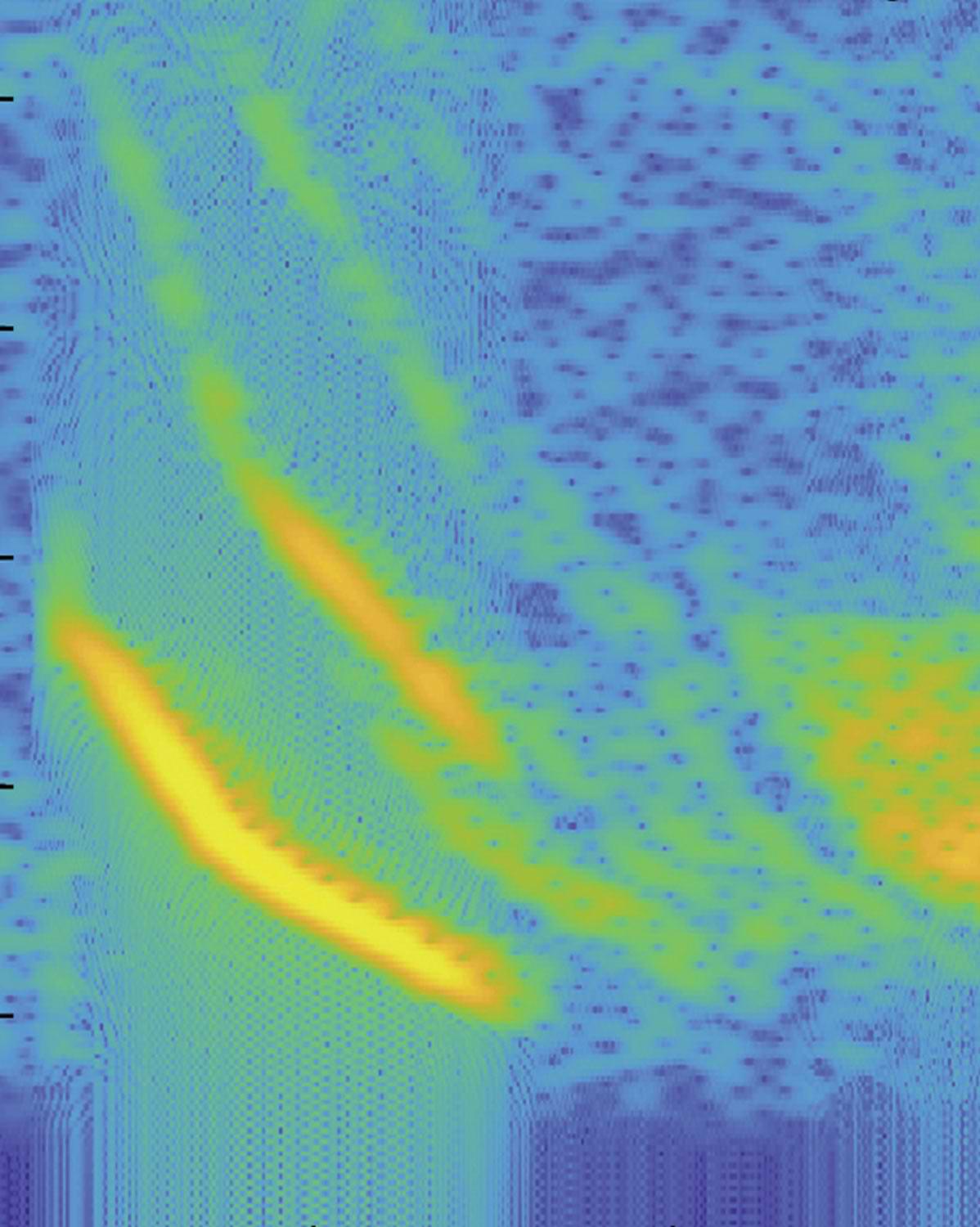
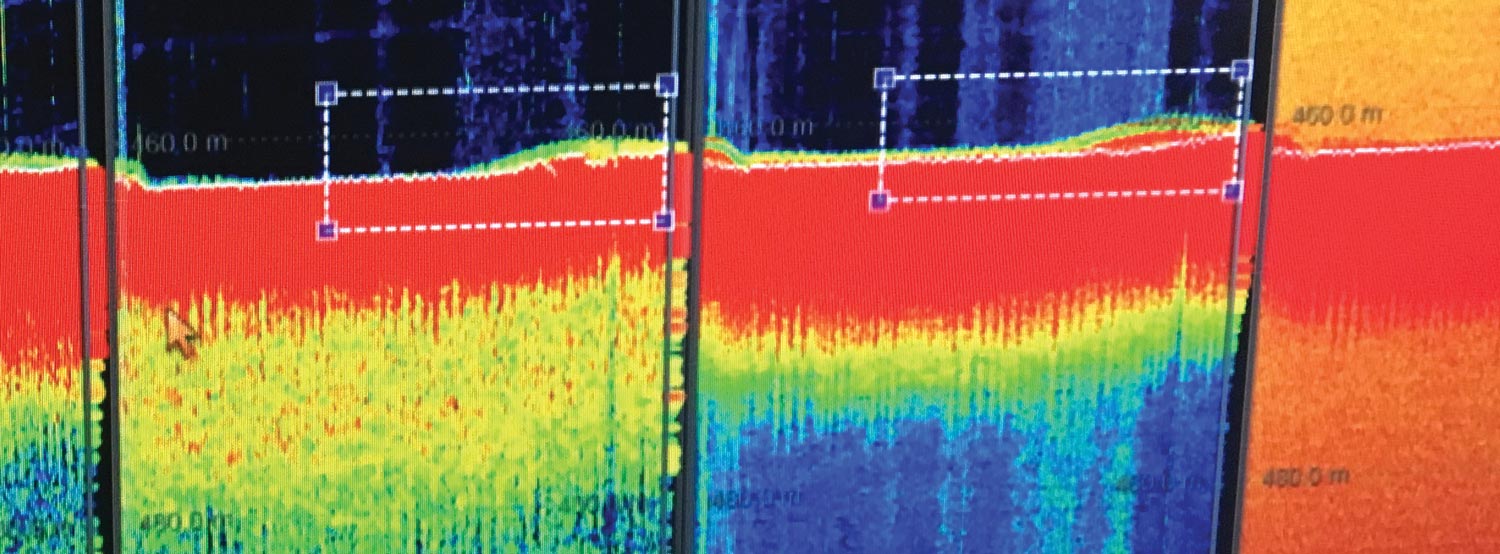

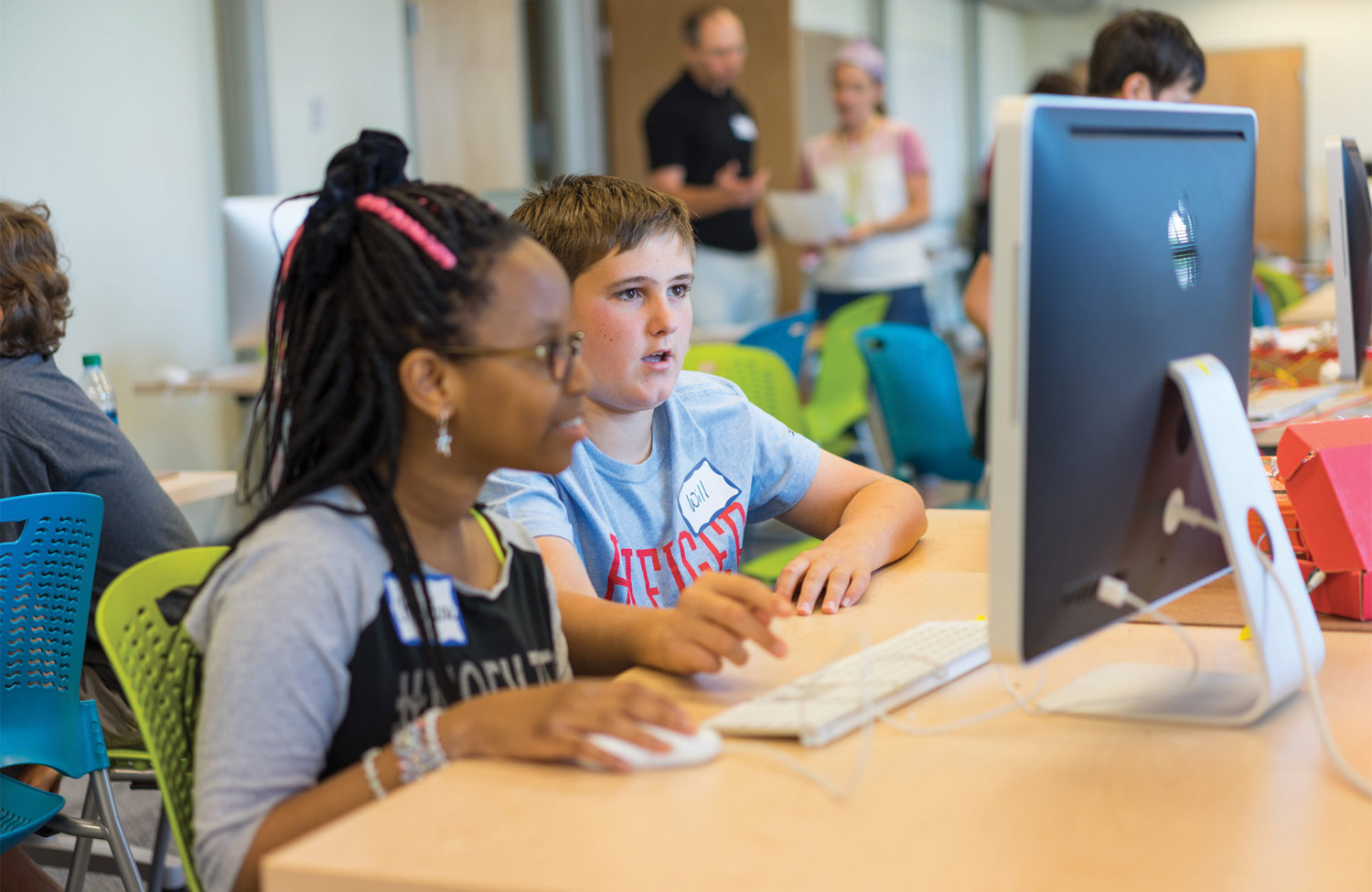
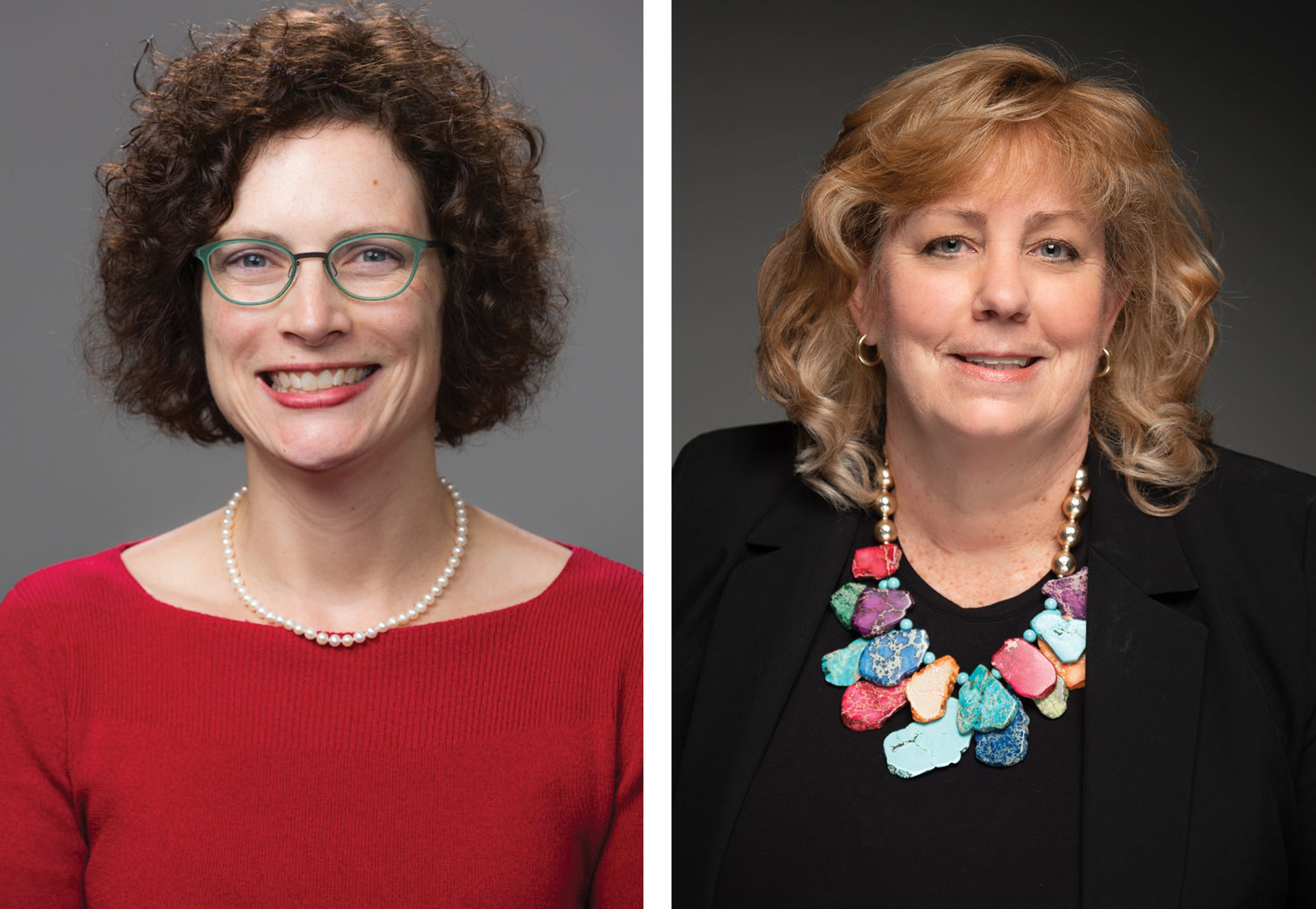

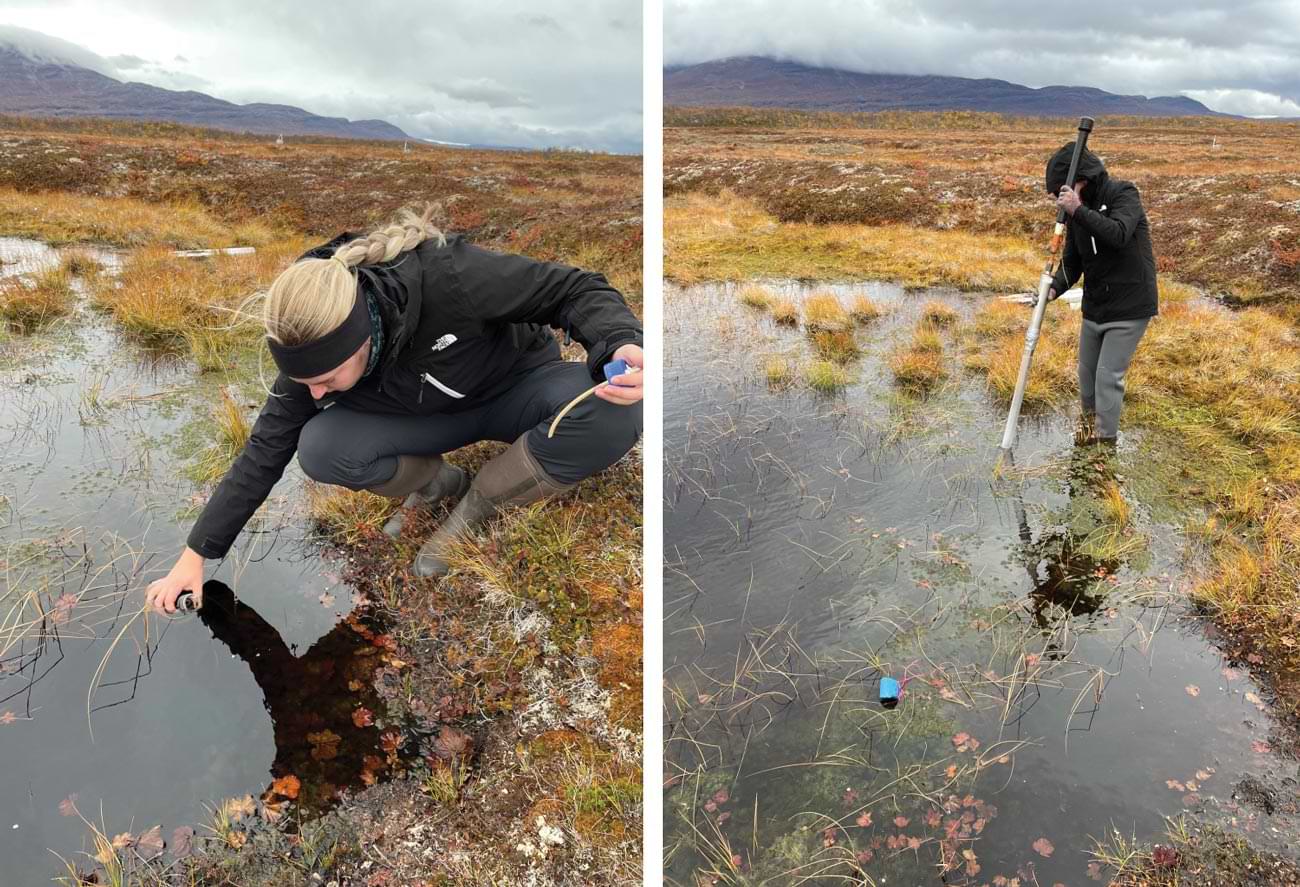


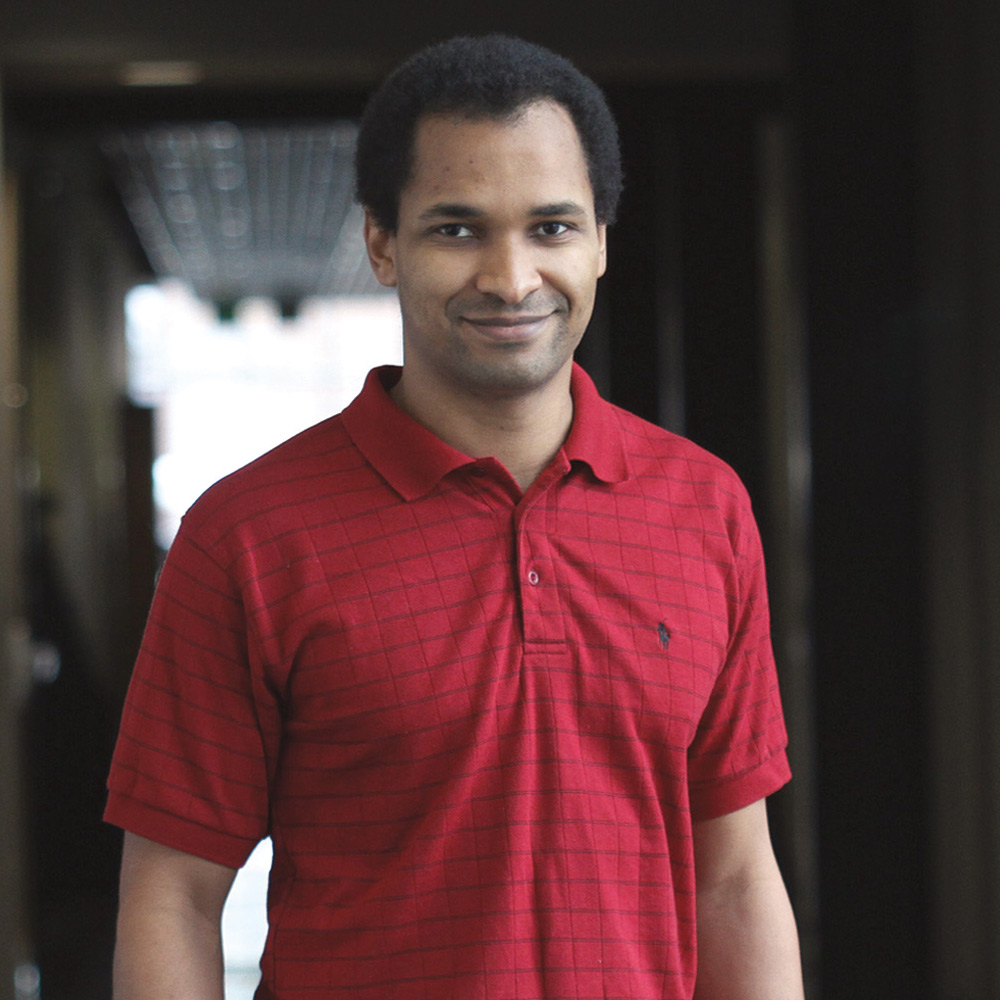

Postdoctoral Diversity and Innovation Scholars
mechanical engineering
Researching engineering education
Ph.D.: Purdue University
mechanical engineering
Researching fluid mechanics and turbulence
Ph.D.: University of California, Berkeley
physics and astronomy
Researching ultralight dark matter
Ph.D.: University of Auckland (New Zealand)
geography and women’s & gender studies
(joint appointment)
Researching structural racism, gender inequality and ecological violence
Ph.D.: University of Oregon
A Striking Discovery
Chris Sterpka, a UNH Ph.D. student studying lightning physics, is the first author of the study, published in the journal Geophysical Research Letters, that could fundamentally shift the future of lightning research and ultimately improve the protection of humans and infrastructure from lightning strikes.
“This is huge,” Sterpka says of the study results. “This is the first time we can actually see lightning initiation in three dimensions and on such a small scale — these new data offer an increase in timing precision and accuracy over previous studies, which allowed us to image lightning with more detail.”
By Rebecca Irelan

Solar Swarm
By Robbin Ray ’82
Treating Diabetes With Snail Venom?

By Robbin Ray ’82

Piney Pests
The southern pine beetles that turned up in Kanaskie’s traps in Ossipee, N.H. and Waterboro, Maine are as far north as the pest has ever been detected. “Warmer winter temperatures make it easier for beetles to survive further north,” says Jeff Garnas, associate professor of forest ecosystem health and Kanaskie’s advisor. “While not exactly surprising, this finding is a stark reminder of how species, including those of significant ecological and economic importance, are already responding to the changing climate.”
By Robbin Ray ’82
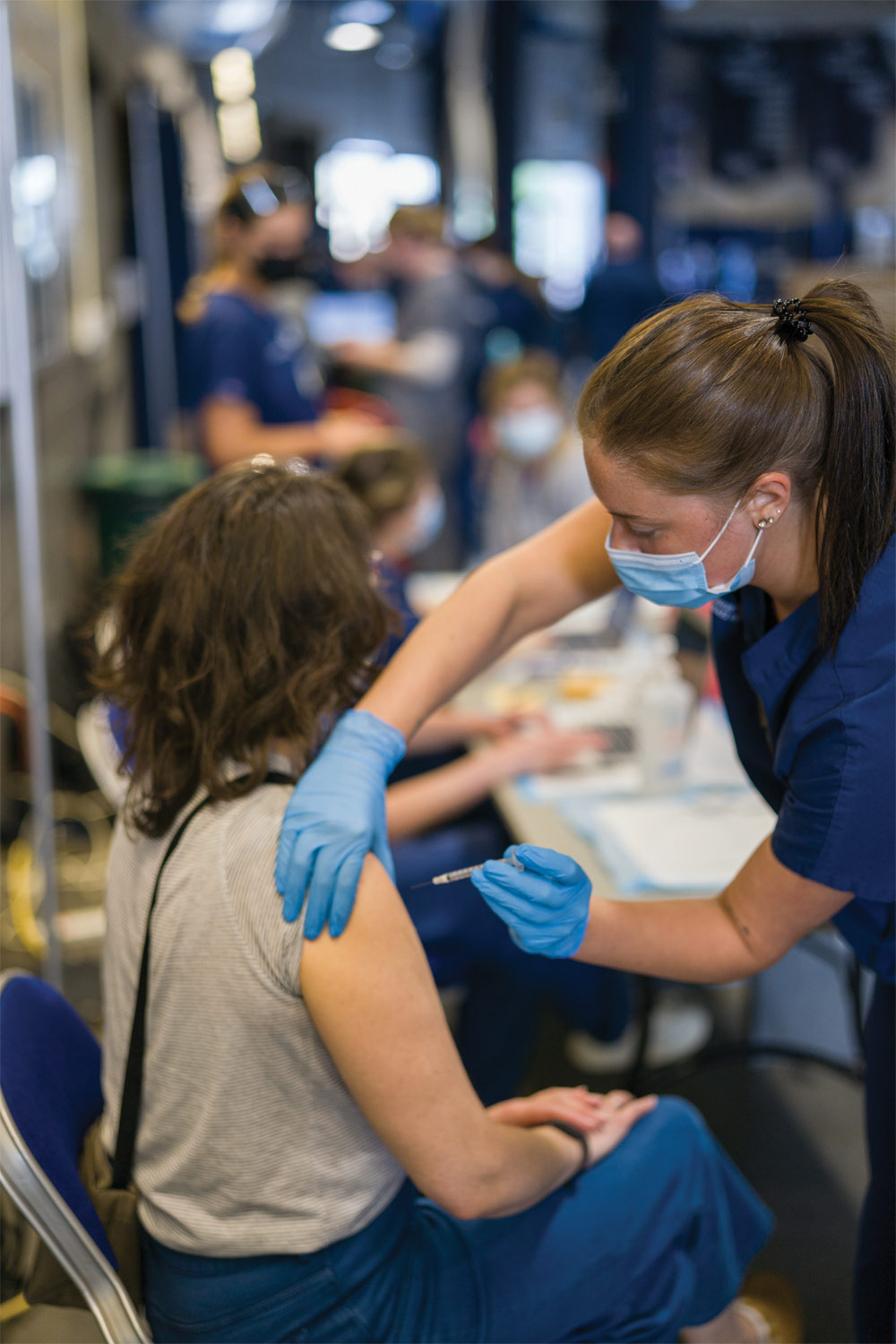
Historical Hesitancy
“While COVID-19 is a new health threat, and the vaccine was developed at an unprecedented rate, the core challenges presented with respect to vaccine safety, administration, and distribution are timeless, although accompanied by unique circumstances that increase their complexity,” the researchers write.
By Susan Dumais ’88 ’02G
Brain food

“The central and most interesting finding is that test scores are improved even though that is not the goal of the program,” says study co-author Robert Mohr, associate professor of economics. “The magnitude of this impact is quite large compared to other, typically more expensive, nutritional interventions.” Paul alumnus Mica Kurtz ’15G, assistant professor of economics at Lycoming College, and Karen Smith Conway, John A. Hogan Distinguished Professor of Economics at Paul College, are co-authors of the study.
By Sharon Keeler

On the Bookshelf
Faculty in the College of Liberal Arts pushed the boundaries of knowledge further with their research and scholarship. Here is a selection of their authored, edited and translated books.
Patricia Emison | professor of art and art history
Moving Pictures and Renaissance Art History
Amsterdam University Press, 2021
Josh Lauer | associate professor of communication
Surveillance Capitalism in America (editor)
Penn Press, 2021

Making Money in Ancient Athens
University of Michigan Press, 2021
Jan Nisbet | professor emerita of education
Pain and Shock in America: Politics, Advocacy and the Controversial Treatment of People with Disabilities
Brandeis University Press, 2021
Wenjin Cui | assistant professor of languages, literatures and cultures
Lu Xun’s Affirmative Biopolitics: Nothingness and the Power of Self-Transcendence
Routledge, 2021
Petar Ramadanovic | professor of English
Interdiscipline: A Future with Literary Studies and the Humanities
Routledge, 2021
Research Snapshots
Photo: Tim Briggs.

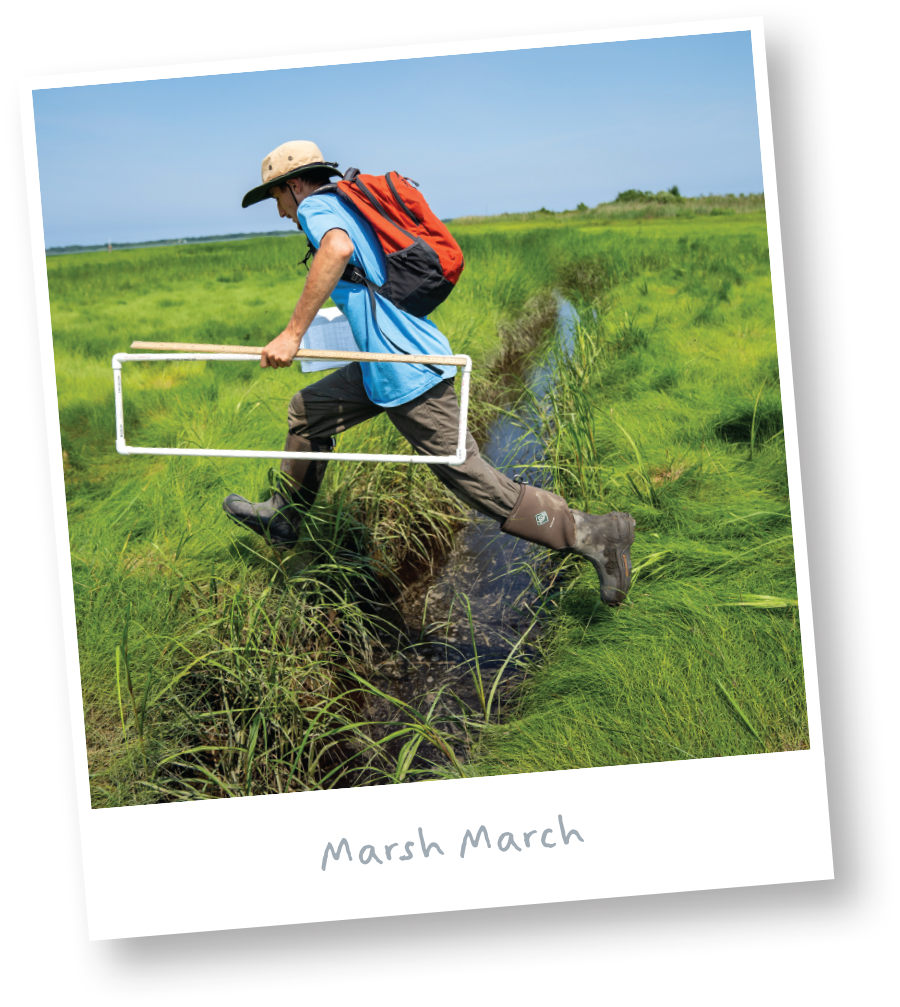
Photo: Scott Ripley.
Photo: Tim Briggs.
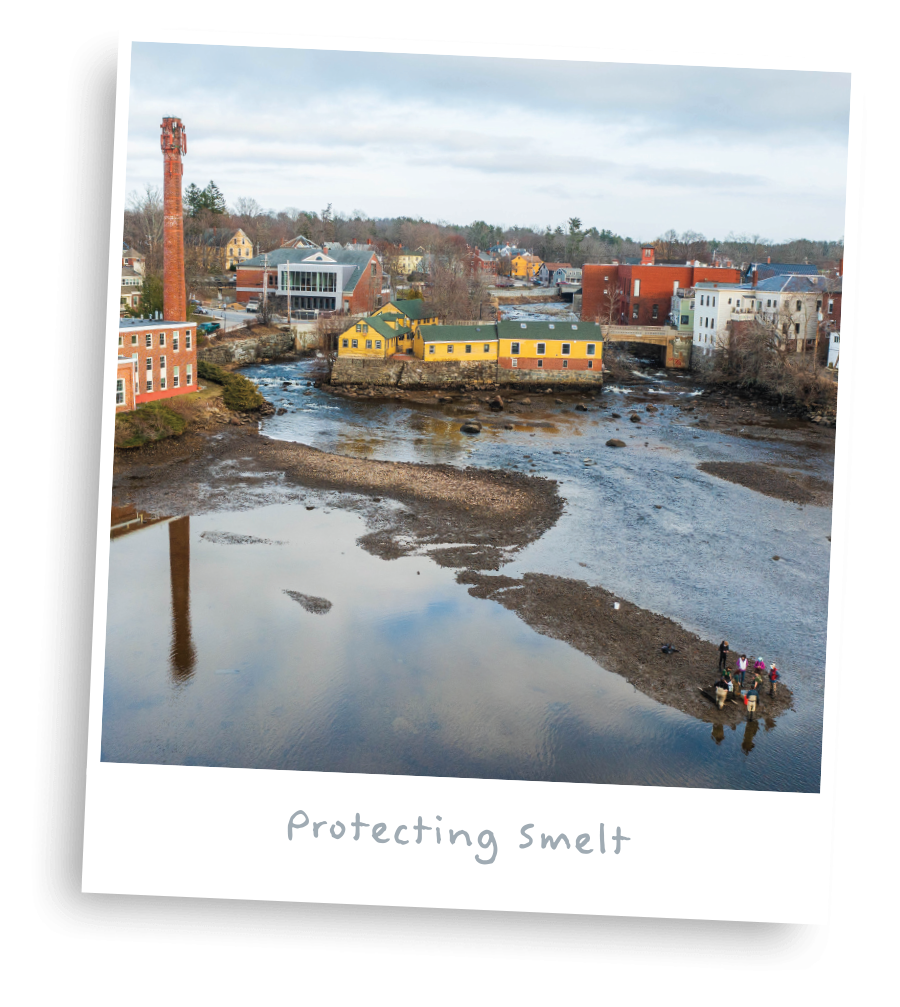

Faculty Honors
Exceptional Service Award
graduate student and postdoctoral researcher honors
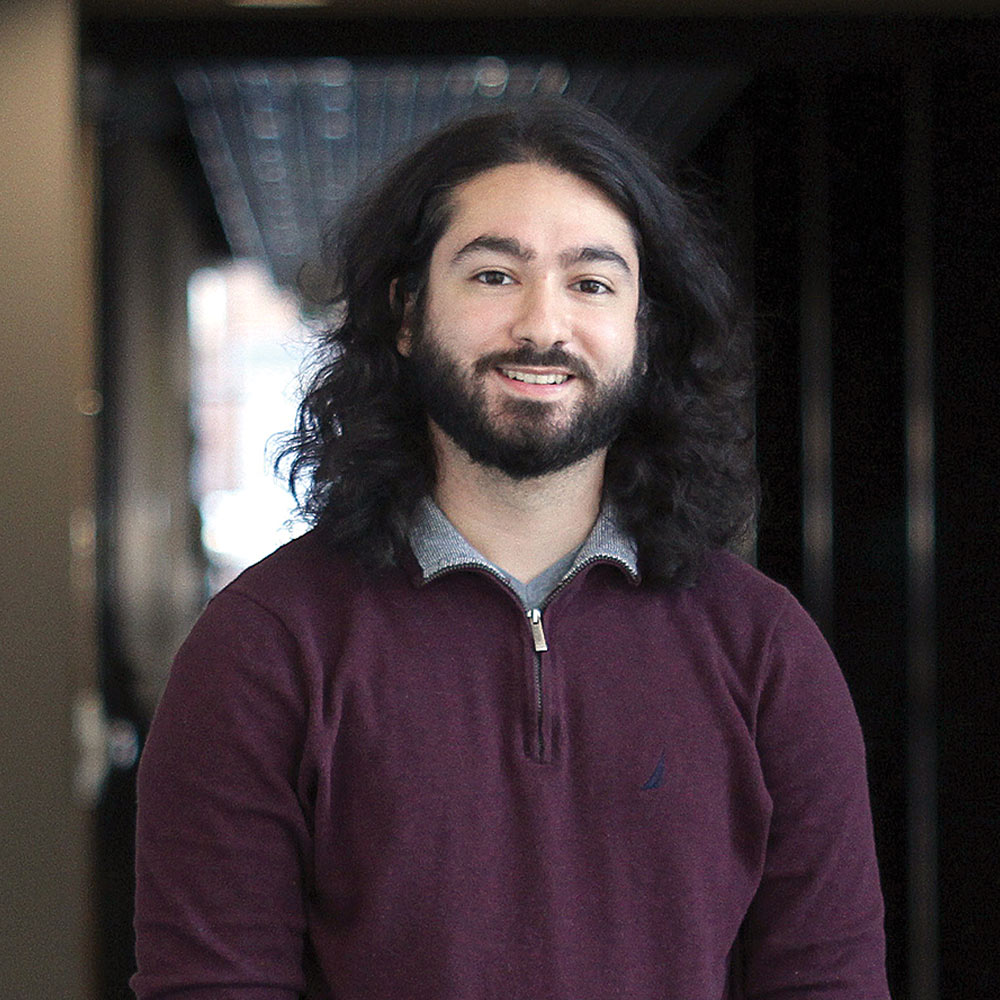
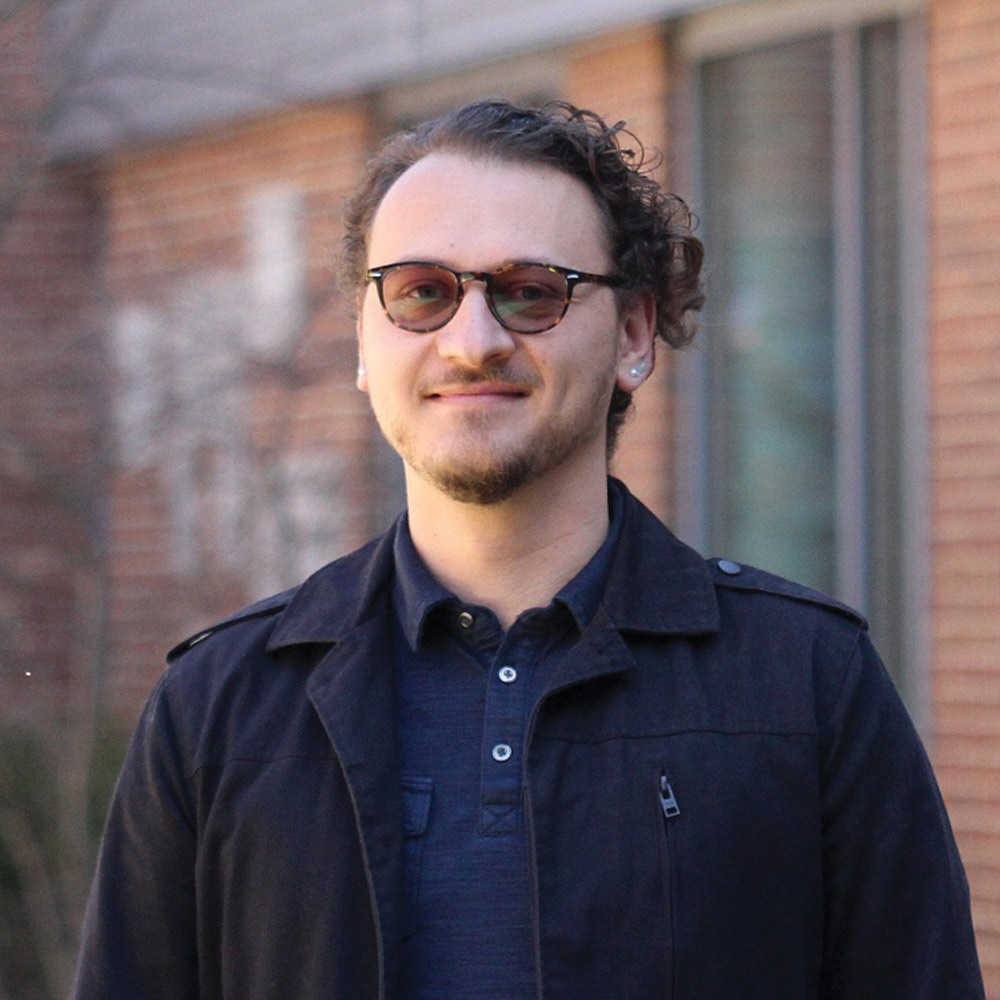
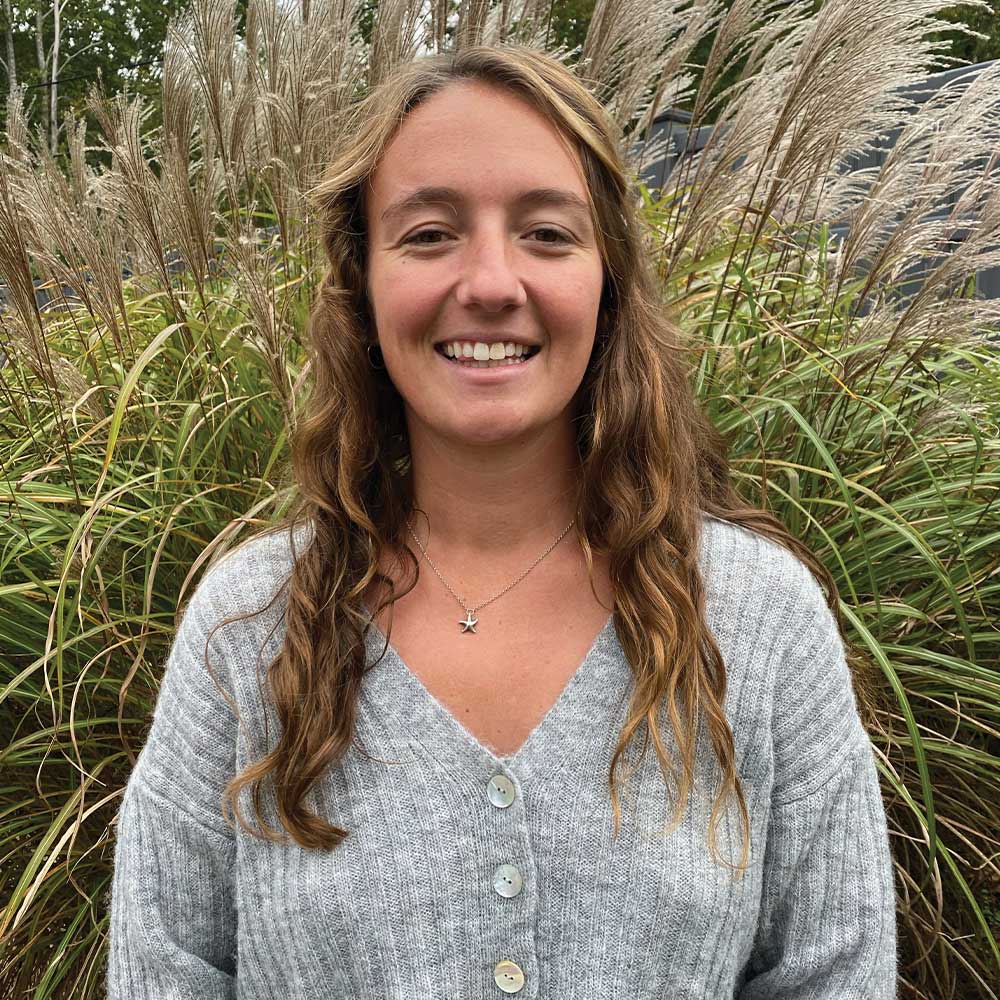

- Evan England ’21, Ph.D. student, sociology
- Steven Arias, ’16, ’22G, Ph.D. candidate, physics
- Amanda Landry ’21G, Carsey School Master in Community Development
- Natalie Lord, ’22G, master’s student, natural resource management
graduate student and postdoctoral researcher honors
- Elizabeth Mamros ’18, Ph.D. student in mechanical engineering; Germany
- Emma Danais ’20 ’21G, Spanish and elementary education; Spain
- Samantha Sullivan ’21G, secondary education; Argentina
- Danielle Johnson ’21G, secondary education; Amsterdam
- Natalie Lounsbury, postdoctoral researcher, agriculture, nutrition and food systems
- Francesco Preti, ’21G earned dual doctoral degrees from UNH and the University of Parma in Italy
- Ronelle Tshiela 1L, UNH Franklin Pierce School of Law
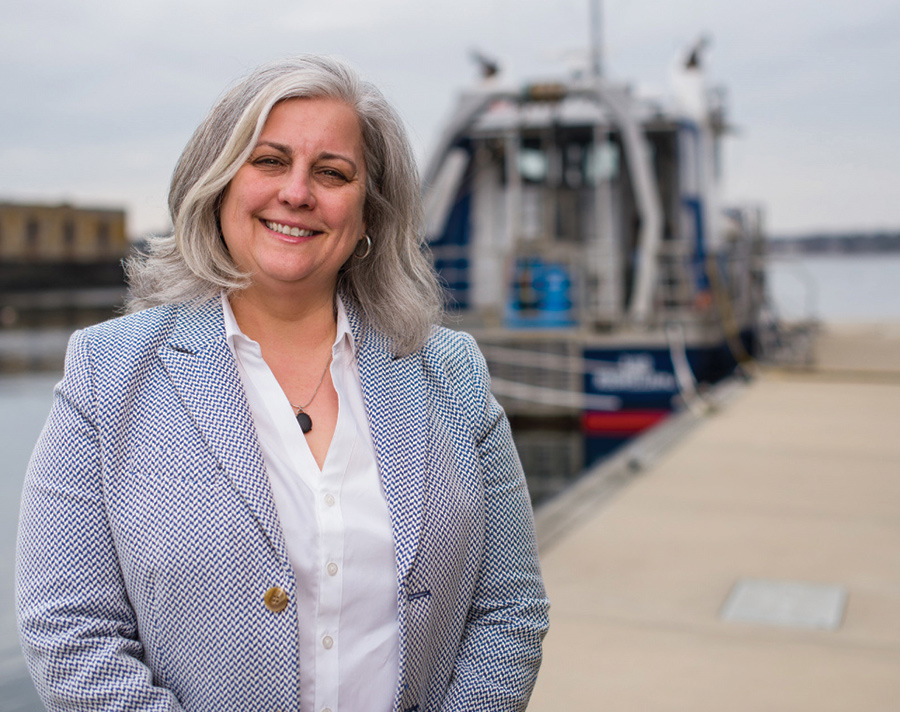

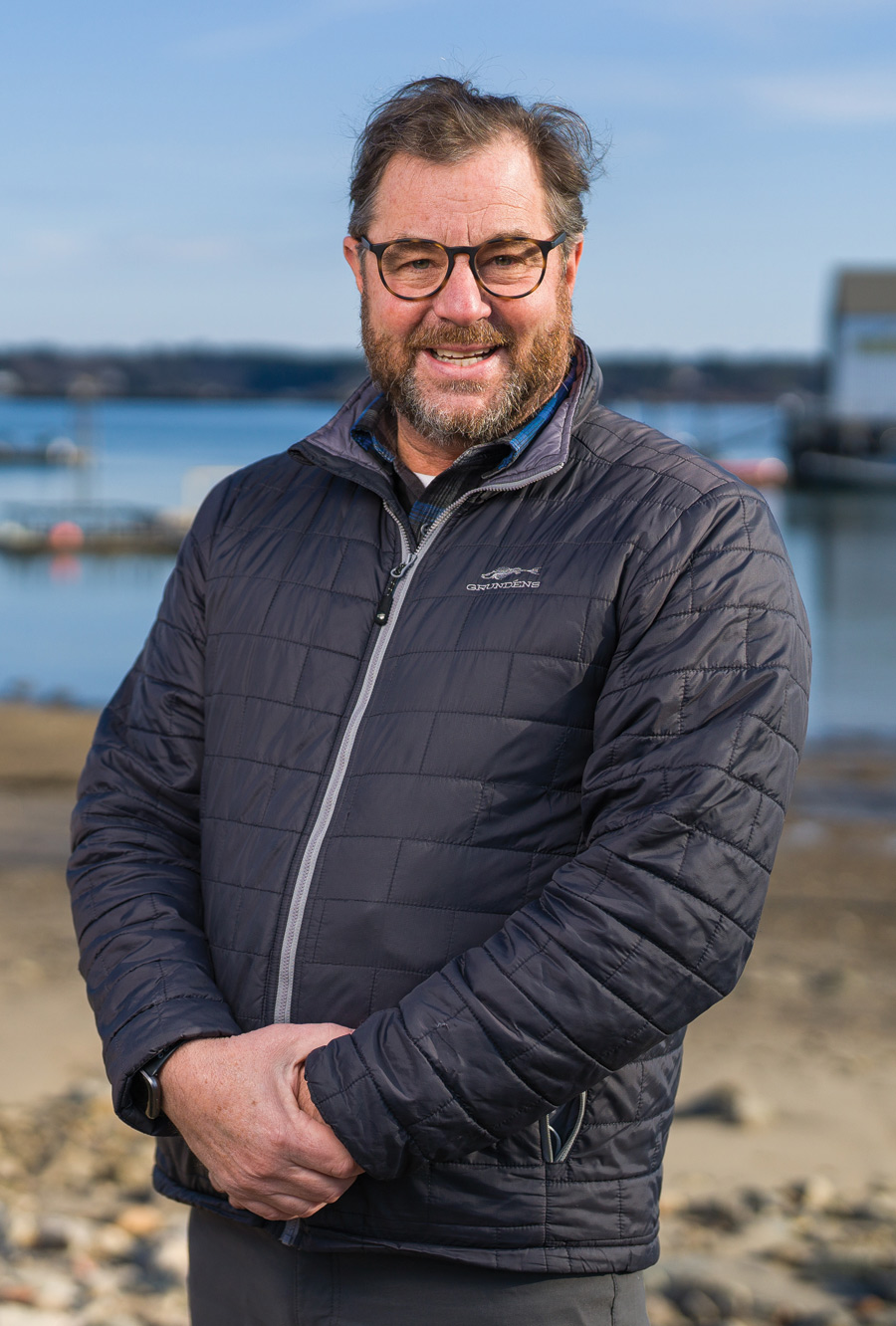
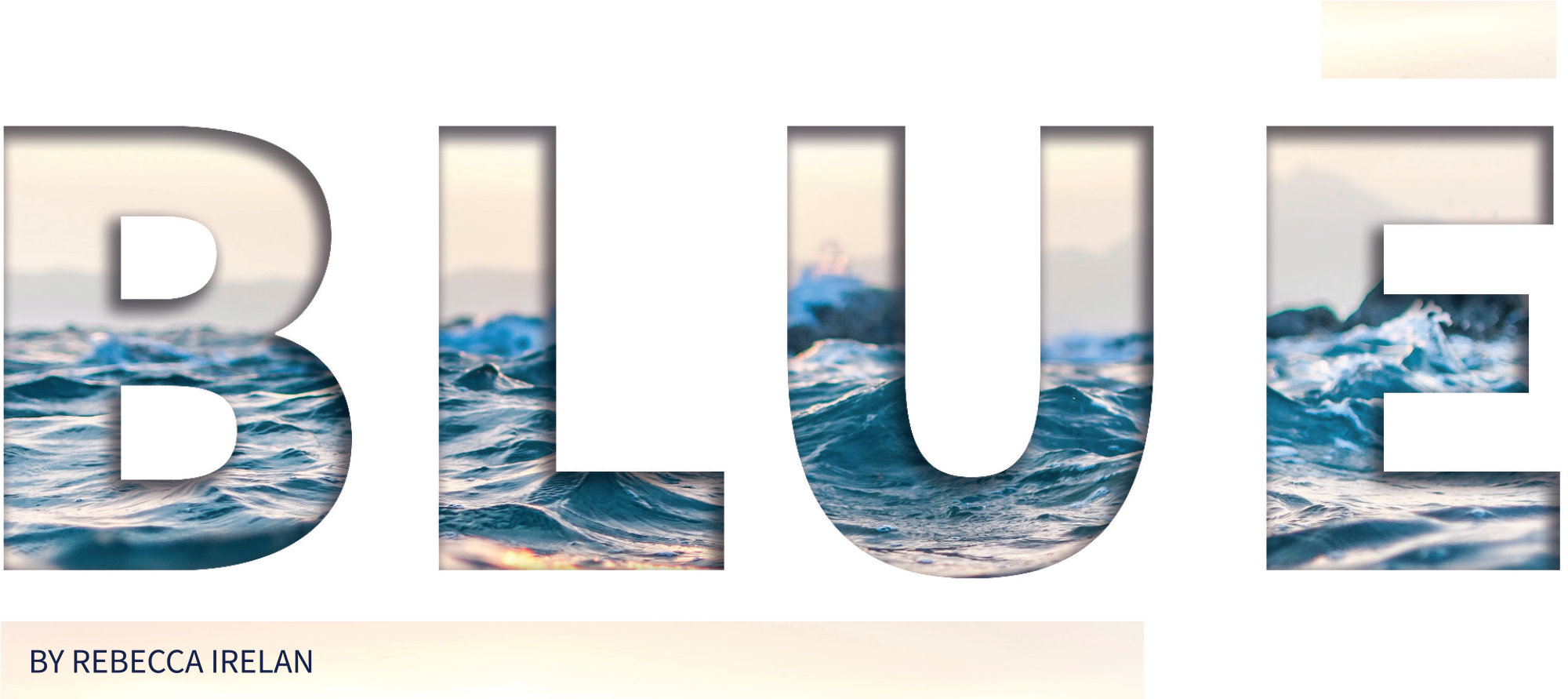
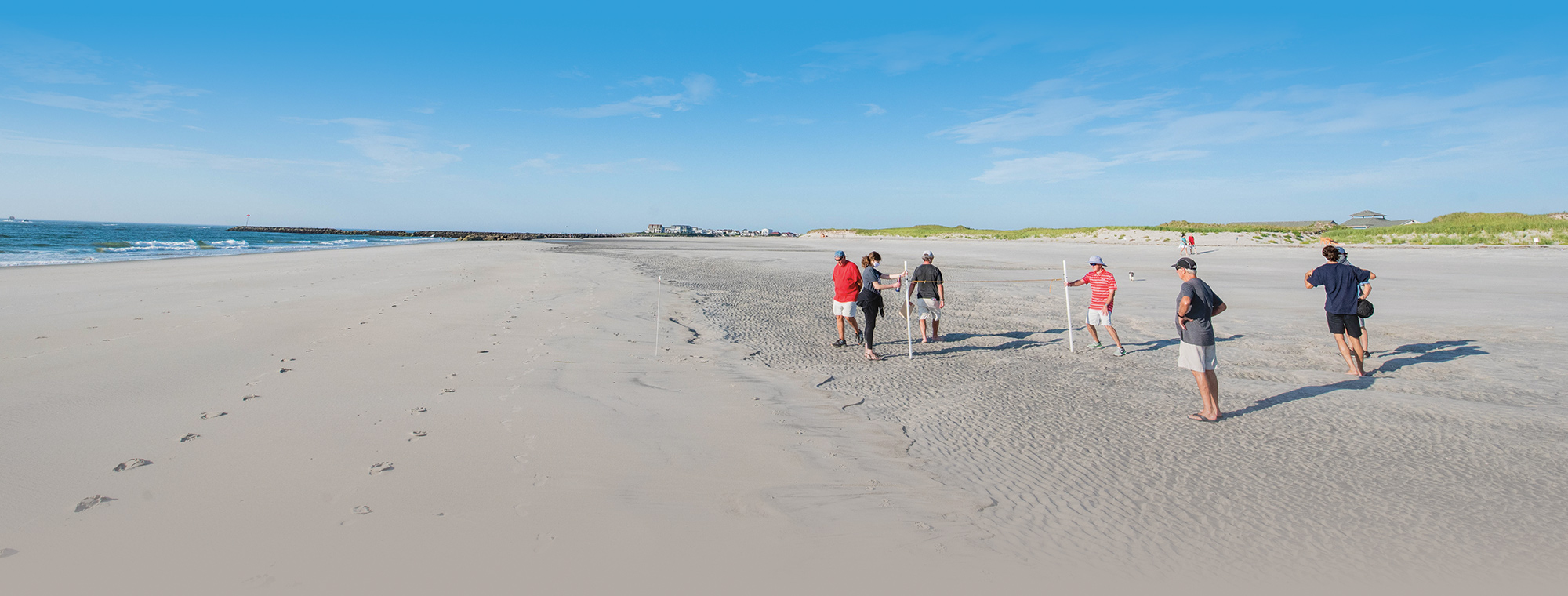
hen it comes to the economy, the ocean is a major player — from tourism to energy, seafood to shipping, the world’s marine-related assets tally up to trillions of dollars. But our oceans and coastlines are facing unprecedented pressures. Confronted with this reality, a new concept has emerged that considers both the economic benefits and the long-term sustainability of marine resources across all sectors: The blue economy.
The term is more than just a buzzword; it’s helping researchers think more broadly about how they can connect their work to new partners. From ocean acoustics to environmental DNA analyses, the breadth of blue economy research at UNH is wide-ranging and its momentum is building.

creative Works
As a street photographer, Holcombe curates and creates digital collages from decisive moments of real-life observations. But during the height of the COVID pandemic, “real life” ground to a halt, so she turned instead to the books on her shelves and took up photomontage.
“The Passage” was appropriated from fragments of two paintings: “The Penitence of St. Jerome” by Joachim Patinir (16th century), which depicts three hermit saints spiritually tested by long periods of solitude, and Kaye Sage’s 20th century self-portrait that expresses the depths of her loneliness after her husband’s sudden death. Separated by four centuries, these visionary artists convey universal themes of isolation and loneliness.
“By deconstructing these two paintings, I could recreate my own pilgrimage through their worldviews,” says Holcombe. “In my reimagining, the remnant of one silhouette sits as if in meditation after a spiritual journey.”
associate professor of art and art history
“The Passage,” 2021, 18.6” x 18.5”, archival chromogenic print
Deconstructing Bias
ophia Burke ’20G, Alexandra Padilla ’22G and Elizabeth Weidner ’22G are all actively carving out their own niches in the geosciences.
Burke is a postdoctoral research associate in UNH’s Earth Systems Research Center, focusing her work on understanding the effects of climate change on Arctic peatland areas using remote sensing.
Padilla’s interest in underwater acoustics has led her to pursue a Ph.D. in ocean engineering at UNH, with research centered around acoustics and bubbles. And Weidner is also a Ph.D. candidate — in a joint program between UNH and Stockholm University — whose research focuses on studying ocean water column structure using acoustics.
Establishing their respective places in a field historically short on diversity is one thing. But all three women are also leaders in a movement designed to shape a future where anyone — regardless of race, gender identity or sexual orientation — can do the same.
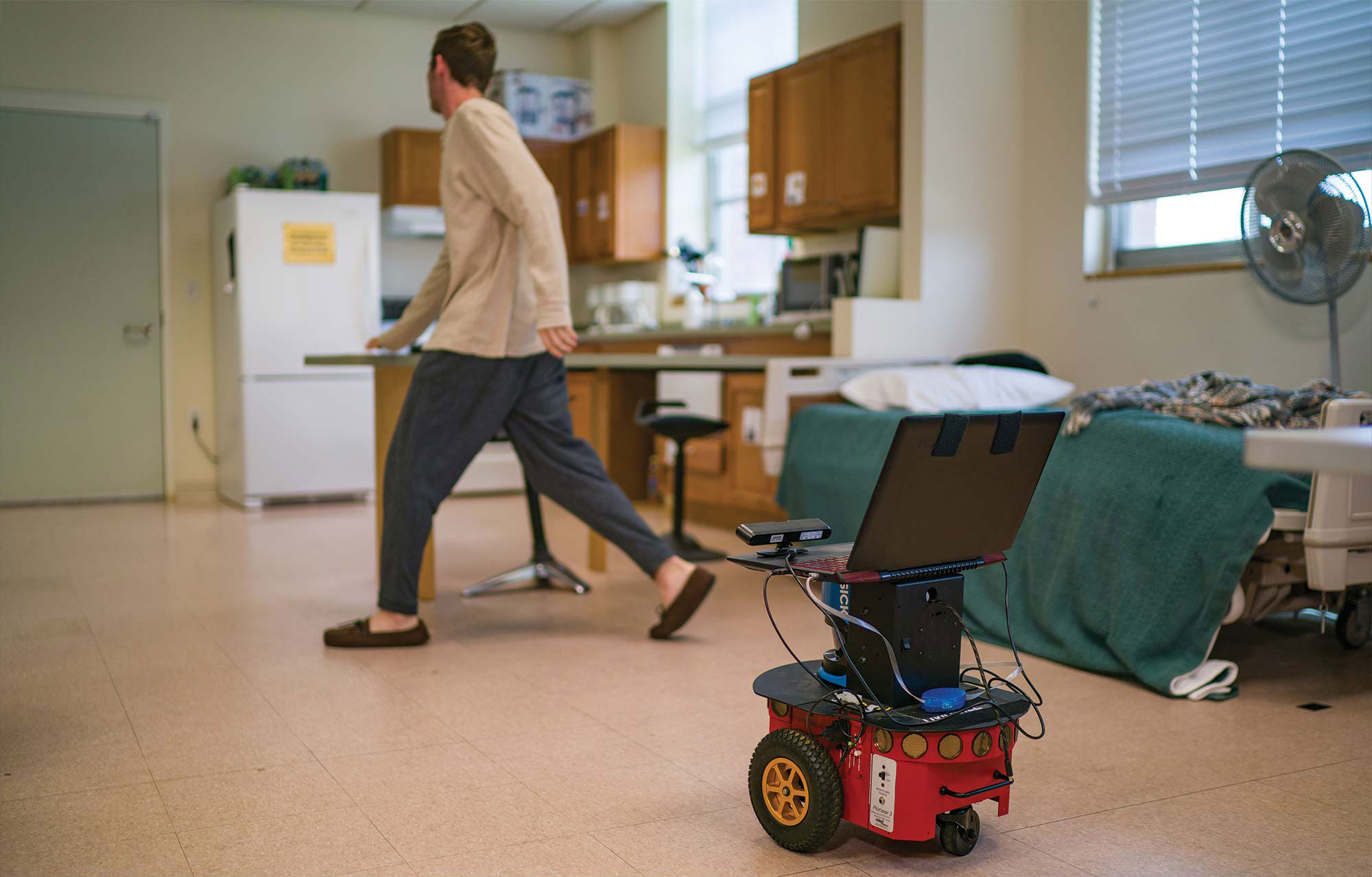

elping vulnerable seniors age safely in their homes can take a village of support. At UNH, that village includes a pair of researchers from very different fields, a friendly robot and funding from an innovative program that jump-starts interdisciplinary collaborations.
Momotaz Begum, assistant professor of computer science, and Sajay Arthanat, professor of occupational therapy, launched their assistive robot project in 2019 with funding from UNH’s Collaborative Research Excellence Initiative (CoRE), supported by UNH’s Office of Research, Economic Engagement and Outreach. Now in its fifth year, CoRE has invested more than $2.2 million into 83 research teams. In just the first three years, CoRE initiatives resulted in $44 million in new grant awards from external funders.
Working for Change



n 2015, a county agent for UNH Extension started paying closer attention to Franklin, New Hampshire, a small city situated 20 miles north of Concord. Nestled at the intersection of three rivers, Franklin was a struggling former mill town that had spent several unsuccessful decades trying to forge a new identity.
“There was a real sense that nothing ever happens here,” says Franklin Mayor Jo Brown, a native of the city. “There was just this pervasive loss of confidence in the town and community.”
But the Extension agent saw potential for a renewed Franklin. What could be done with the river fronts? How could the old downtown brick buildings be repurposed? How could the region’s population surge translate into a healthier tax base? A dialogue began between city officials and UNH and soon the Extension team, led by Charlie French, head of the Extension’s Community and Economic Development program, and associate state specialist Molly Donovan began working with town leaders to build out a revitalization process.

Working for Change




n 2015, a county agent for UNH Extension started paying closer attention to Franklin, New Hampshire, a small city situated 20 miles north of Concord. Nestled at the intersection of three rivers, Franklin was a struggling former mill town that had spent several unsuccessful decades trying to forge a new identity.
“There was a real sense that nothing ever happens here,” says Franklin Mayor Jo Brown, a native of the city. “There was just this pervasive loss of confidence in the town and community.”
But the Extension agent saw potential for a renewed Franklin. What could be done with the river fronts? How could the old downtown brick buildings be repurposed? How could the region’s population surge translate into a healthier tax base? A dialogue began between city officials and UNH and soon the Extension team, led by Charlie French, head of the Extension’s Community and Economic Development program, and associate state specialist Molly Donovan began working with town leaders to build out a revitalization process.

A Record Year
rom the roads we drive on to the lingering COVID-19 pandemic, research from UNH faculty, staff and students is advancing the well-being of our state, the world and all of us in our daily lives. The university recently marked a milestone, receiving a record $260 million in competitive grants and contracts in fiscal year 2021 from federal agencies, state collaborators, business and industry, and private foundations — more than double the previous year’s record.
The money is impressive, says Marian McCord, senior vice provost of research, economic engagement and outreach, but the funding is about much more than a dollar figure. “These grants support our scholars as they tackle problems we all face, such as climate change, substance abuse and mental health challenges,” says McCord. “For the second year, our scholars overcame the significant challenges of the pandemic to submit competitive research proposals for work that aims to understand and improve our world.”
A Record Year
rom the roads we drive on to the lingering COVID-19 pandemic, research from UNH faculty, staff and students is advancing the well-being of our state, the world and all of us in our daily lives. The university recently marked a milestone, receiving a record $260 million in competitive grants and contracts in fiscal year 2021 from federal agencies, state collaborators, business and industry, and private foundations — more than double the previous year’s record.
The money is impressive, says Marian McCord, senior vice provost of research, economic engagement and outreach, but the funding is about much more than a dollar figure. “These grants support our scholars as they tackle problems we all face, such as climate change, substance abuse and mental health challenges,” says McCord. “For the second year, our scholars overcame the significant challenges of the pandemic to submit competitive research proposals for work that aims to understand and improve our world.”
FY21 By The Numbers

TOTAL AWARDS
EXPENDITURES
PROPOSALS SUBMITTED
AWARDS RECEIVED
Funding Sources
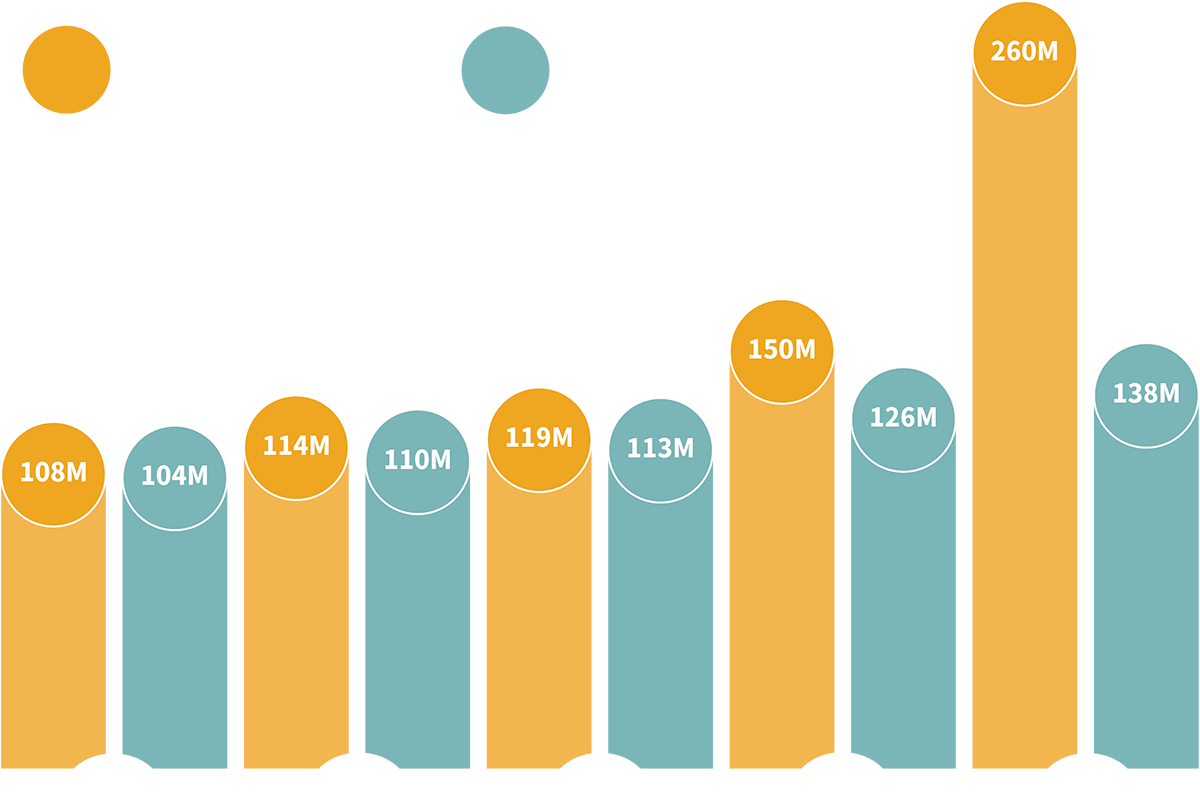
Research Funding
UNH Innovation
Youth Programs

UNH Extension
UNH Professional Development and Training
University of New Hampshire
SPARK
2022 Research Review
President
James W. Dean Jr.
Provost and Vice President for Academic Affairs
Wayne Jones
Senior Vice Provost for Research, Economic Engagement and Outreach
Marian McCord
Beth Potier
Writers
William Ewing
Nicholas Gosling ’06
Sharon Keeler
Robbin Ray ’82
Sarah Schaier
Keith Testa
Design
Sandra Hickey ’04
Tim Briggs
Spenser Flood
Brooks Payette ’12
Sydney Staples ’25
COPY EDITOR
Keith Testa
Cyndee Gruden, Dean
College of Health and Human Services
Kirsten Corazzini, Dean
College of Liberal Arts
Michele Dillon, Dean
College of Life Sciences and Agriculture
Anthony S. Davis, Dean
Peter T. Paul College of Business and Economics
Lucy Gilson, Dean
University of New Hampshire at Manchester
Michael Decelle, Dean
UNH Franklin Pierce School of Law
Megan Carpenter, Dean
Graduate School
Cari Moorhead, Dean
Cooperative Extension
Kenneth La Valley, Vice Provost of Outreach and Engagement and Director
Institute for the Study of Earth, Oceans, and Space
Harlan Spence, Director
School of Marine Science and Ocean Engineering
Diane Foster, Director
Carsey School of Public Policy
Daniel Bromberg, Interim Director
All rights reserved.


